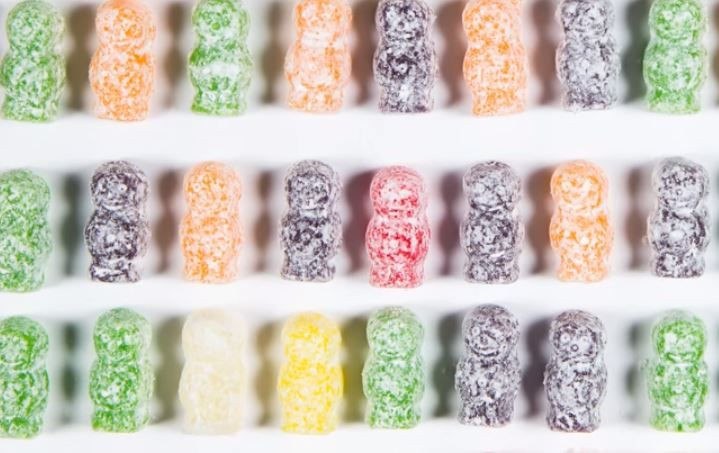The Sweet Life: Sugar Impacts Brain Chemistry To Increase Sweet Cravings, Despite Satiety

We know it's bad for us, but every time our lips have a taste, it keeps pulling us back for more. So, what about sugar makes use crave it, even when we don't really need it?
In BrainCraft’s latest video, "Why Do We Love Sugar?" host Vanessa Hill explains we are hardwired to love sugar at an early age. In the 1970s, researchers gave babies three harmless solutions with different tastes, including sweet, sour, and bitter. After the sweet solution, the babies showed positive facial expressions — they smiled and licked their lips. After the sour and bitter tastes, they pursed their lips, wrinkled their noses, and stuck out their tongues. This suggests newborns and infants have an innate preference for something sweet.
However, our love affair with sugar can be as bad for us as smoking or drinking a lot of alcohol. When we eat sugar, the sweetness receptors on our tongue, pancreas, and intestines sense two simple sugars, glucose and fructose. These sugars are naturally found in fruits, some vegetables, and table sugar. They're also added to candy and a lot of processed foods.
The body likes glucose because our cells depend on it for energy; when it enters the body, the pancreas starts producing insulin. The brain understands that we're metabolizing what we just ate, telling our body that we're less hungry. Unlike glucose, fructose can only be metabolized by the liver because the body can't use all that energy, which means there's more fatty calories for us to store.
The way fructose communicates with the brain can be deceiving. Without the fiber in fruits and vegetables, it interferes with leptin, the hormone responsible for producing a feeling of satiety. This makes us think we're still hungry and continue eating, even though we just had a lot of calories.
When the sugars hit the sweetness receptors in the tongue, they light up the reward pathways in the brain and release neurotransmitters like dopamine, obviously making us feel really good. This is why we're in a vicious cycle with sweets, because they make us feel so good we just keep eating them.
The bottom line: we can't really control when our brain and body wants something sweet. However, cutting back on sweet stuff can help mediate our unhealthy relationship with sugar, and not make us crave it as much.



























